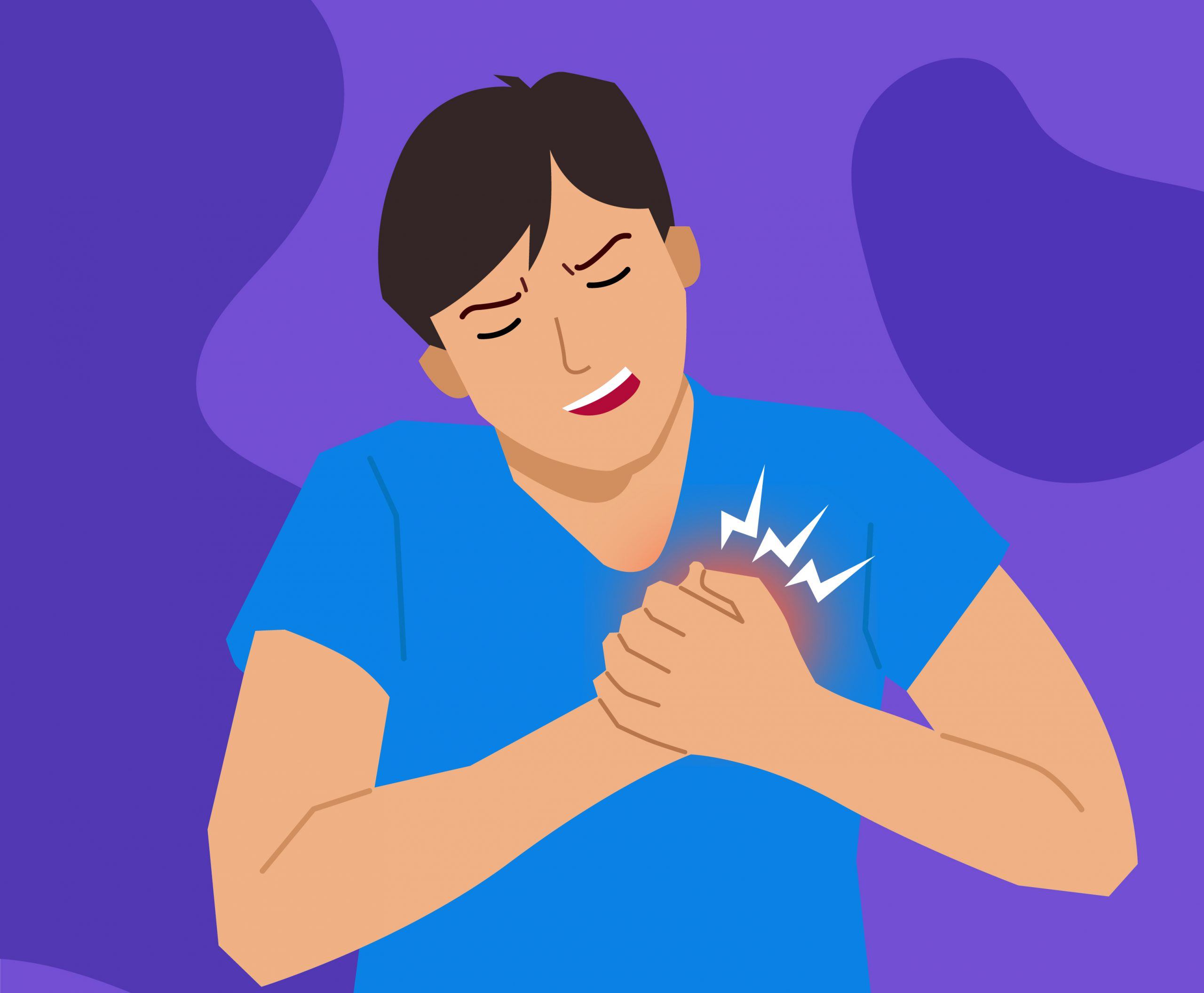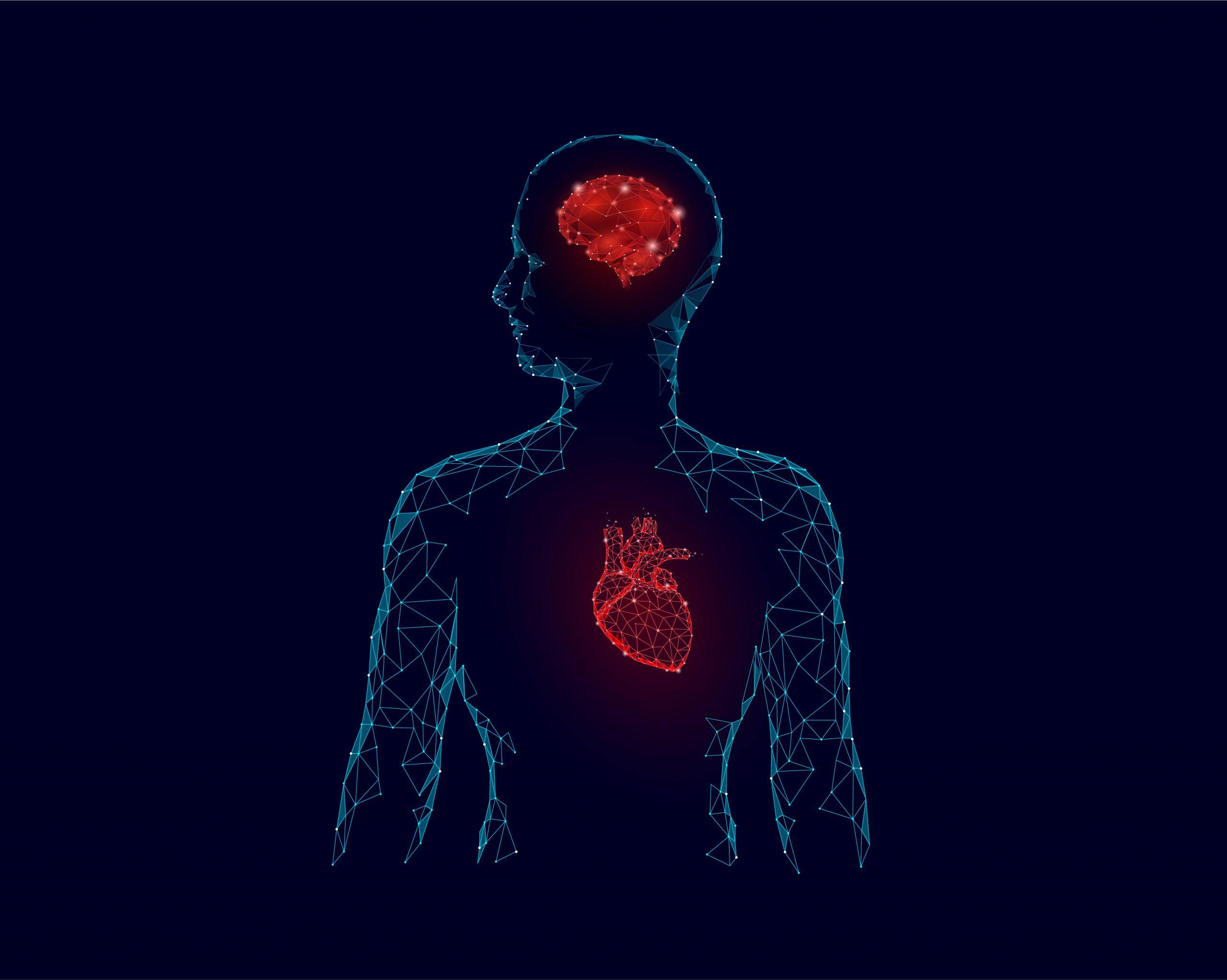Heart attacks, which were once called “old man’s disease”, are now occurring more frequently in younger people including women. It is increasing in people in the 20’s to 40’s age group. Presently, 1 out of every 5 heart attack patients is under the age of 40 years.
Hence, it is very important to take the required steps to protect one’s health and prevent cardiovascular disease and heart attacks.
Causes for Early Heart Attack
There are several factors that lead to heart attacks in young people. Generally, a heart attack results from a combination of factors and not just any one factor.
- Diabetes: Diabetes is a key risk factor that can lead to blockages in coronary arteries which can cause an early heart attack. Adults with diabetes are 2 to 4 times more likely to be affected by heart disease than those without diabetes. High blood sugar can damage the blood vessels and increase the build-up of fats in the arteries thereby causing atherosclerosis.
- Hypertension: Another major risk factor for cardiovascular disease is hypertension or high blood pressure. The occurrence of hypertension is increasing at a faster rate in the younger population than in the older people.
- Obesity: Being obese or overweight can also increase the risk of heart attack. Excess weight not only puts a lot of strain on the heart but can lead to other health complications like diabetes, hypertension and high cholesterol which affect heart health.
- Stress and anxiety: Stress levels are increasing rapidly in today’s youth due to various reasons. Healthy ways of dealing with stress and anxiety such as proper sleep and relaxation of the mind are not being adopted. Chronic stress is not good for the body and can lead to hypertension and obesity which affect the heart health.
- Sedentary lifestyle: Decreased physical activity coupled with a sedentary lifestyle also leads to an increase in cardiovascular diseases in young people. Sometimes too much of exercise is also not good for the heart. Excessive exercise, in cases where there is a per-existing un-diagnosed heart condition, can lead to a heart attack.
- Unhealthy dietary habits: Unhealthy eating is on the rise among the young population. Consumption of saturated and trans fats, found in deep-fried and oily foods, increases the risk of heart disease and other health problems. Taking a variety of health supplements without medical advice is also harmful and can lead to health issues.
Tips for Preventing Heart Attack in Young People
Dr. Ramji Mehrotra recommends that it is important to be physically active by exercising for at least 30 minutes every day. Cardio exercises such as brisk walking, jogging, cycling and swimming keep the heart in good shape. Yoga and meditation are also very helpful in reducing stress and anxiety levels.
Smoking as well as alcohol and tobacco consumption must be stopped completely. Salt intake must be reduced in the diet while nutritious food including fresh vegetables, fruit and whole grains must be consumed regularly.
If a person has high blood pressure, cholesterol or diabetes, it is essential to keep them under control by consulting a doctor regularly.
By adopting all the above suggestions, the incidence of heart attack in young people can be minimized, according to Dr. Mehrotra.


